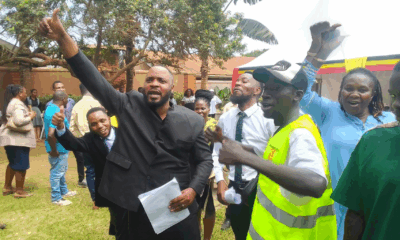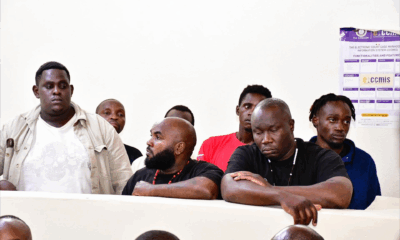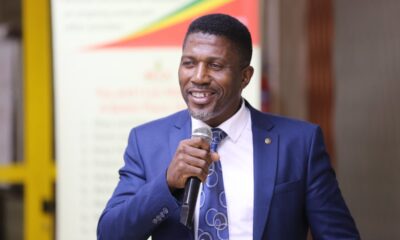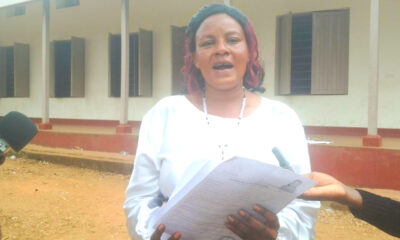News
Political critics, sexual minorities face even greater danger in Uganda, warns activist Matovu
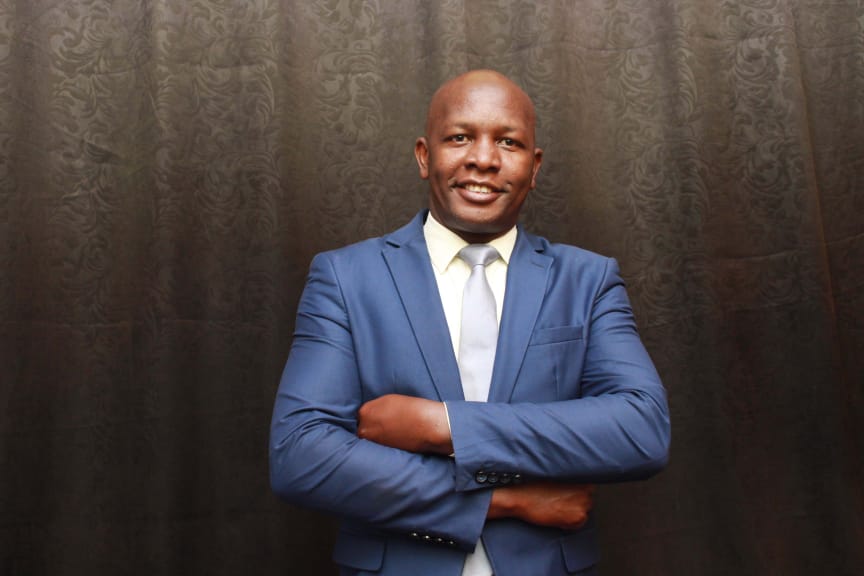
Human Rights Activist Aloysius Matovu Jr.
Reports of the arrest of controversial political blogger Fred Lumbuye, in Turkey and his possible extradition to Uganda has set alarm bells ringing for freedom of expression in the East African country.
Lumbuye’s arrest, which took place last week, was confirmed by the Ugandan government.
State Minister for International Affairs, Henry Okello Oryem, told journalists at the Ministry of Foreign Affairs offices that when the blogger is deported, he will be charged with promoting sectarianism and inciting violence.
Human rights and political activists have since raised concerns over the activist’s arrest and extradition. They say it is an infringement on his rights.
Human rights activist Aloysius Matovu Jr says the allegations against Lumbuye all stem from his criticism of President Yoweri Museveni’s government.
“It’s not right if a person has run away from the country suspecting that he/she can not get freedom, to be forced back to that very country. So repatriating Lumbuye to Uganda by whatever means would set a dangerous precedent for freedom of speech and expression,” Mr Matovu said during an interview with The Sunrise.
“We know that, if he is handed over to Uganda he will not get a free and fair trial and he is likely to be subjected to forms of human rights violations many ant-government critics are subjected to,”
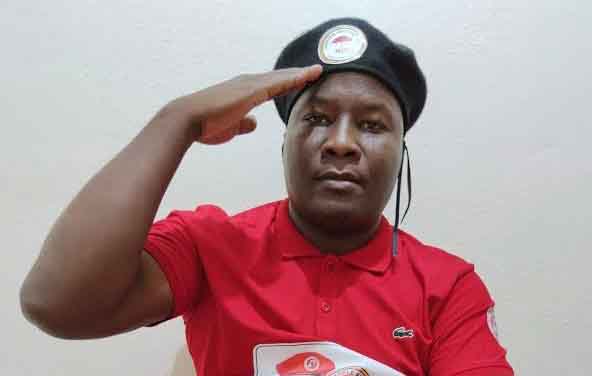
Fred Lumbuye Kajubi
Matovu further revealed that Lumbuye’s case is not far different from the many Ugandans who are being subjected to difficulties due to their sexual orientation.
Matovu says for many years, as an advocate of human rights, he has interfaced with people with different sexual orientations (homosexuality) and they cannot live freely in Uganda due to the country’s negative stance against the vice.
In Uganda, homosexuality is illegal and the Lesbian, gay, bisexual, and transgender (LGBT) community in country face a lot of challenges such as homophobia.
Despite, the annulment of The Uganda Anti-Homosexuality Act, in August 2014, the LGBT people still face major discrimination, violent and brutal attacks in the East African country.
Moreover, Uganda’s laws still impose stiff prison sentences on those who are convicted of the offense of homosexuality.
The Penal Code Act (Cap 120), Section 145 states that: “Any person who – (a) has carnal knowledge of any person against the order of nature; (b) has carnal knowledge of an animal; or (c) permits a male person to have carnal knowledge of him or her against the order of nature; commits an offence and is liable to imprisonment for life.”
Added to the hostile laws, are inflexible attitudes, and conservative cultural norms of most Ugandan communities that still consider homosexuality a taboo.
Related Story
Ex-Mengo Minister clobbers suspected gay patient with iron bar
“At the end of the day, these people end up fleeing their country to seek asylum . So just imagine if such a person is forced back to a country where his rights are violated?” he wondered.
Matovu cites the case of one Majid Musisi who ran away from Uganda after he was nabbed engaging in homosexuality.
“There’s a case I have been following of a young man who cheated death after he was caught red handed having sex with a fellow man somewhere in Kansanga,” says Matovu.
The human rights activist narrates that in September 2016, a mob stormed Musisi’s house and dragged the couple out of their Muzigo, started beating them until some sympathisers called in police to rescue them.
Records at Kabalagala Police station seen by The Sunrise under Reference 139/13/9/2016, indicate that Matovu complained to officers about the criminal acts of mob justice as a way to save the young man.

Gay man Majid Musisi in hiding after he was attacked by a mob
For lack of witnesses to pin Musisi for engaging in homosexuality, the police freed him on bond, although he has since gone into hiding.
“Since then the young man has been missing. But one of his relatives told me he probably went abroad to escape possible reprisals from his relatives who disowned him,” says Matovu, who has been fighting for human rights since 1998.
Musisi is indeed lucky to be away because his partner in crime with whom they were nabbed at Kansanga, a one Allan Wako survived being burnt with tyres in Masaka by a mob, according to Matovu.
Comments



